
KEE Group Limited | Water Magazine
Made up of KEE Process & KEE Services Limited
Specialists in Domestic & Industrial Sewage Treatment Plants and Pump Stations
Specialists in servicing sewage treatment plants and pump stations


KEE Group Limited | Water Magazine
Made up of KEE Process & KEE Services Limited
Specialists in Domestic & Industrial Sewage Treatment Plants and Pump Stations
Specialists in servicing sewage treatment plants and pump stations

https://www.britishwater.co.uk/Publications/codes-of-practice.aspx
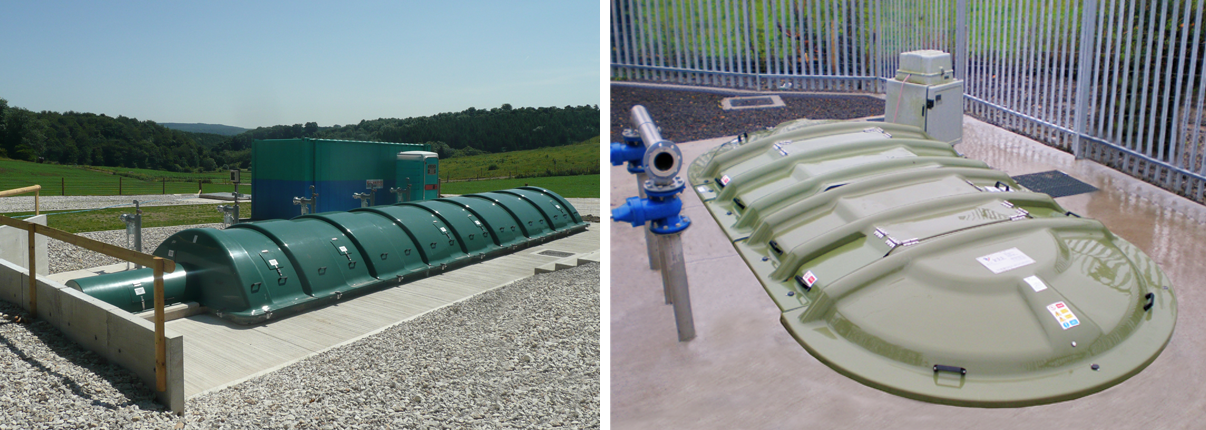
CLICK HERE: Guide for users of Packaged Wastewater Treatment Plants.
(Updated June 2020)
KEE Services comprises a complete range of options, from simple servicing and repairs through to full service, maintenance and plant operation, including:
KEE wastewater technology provide total solutions for the treatment of wastewater:

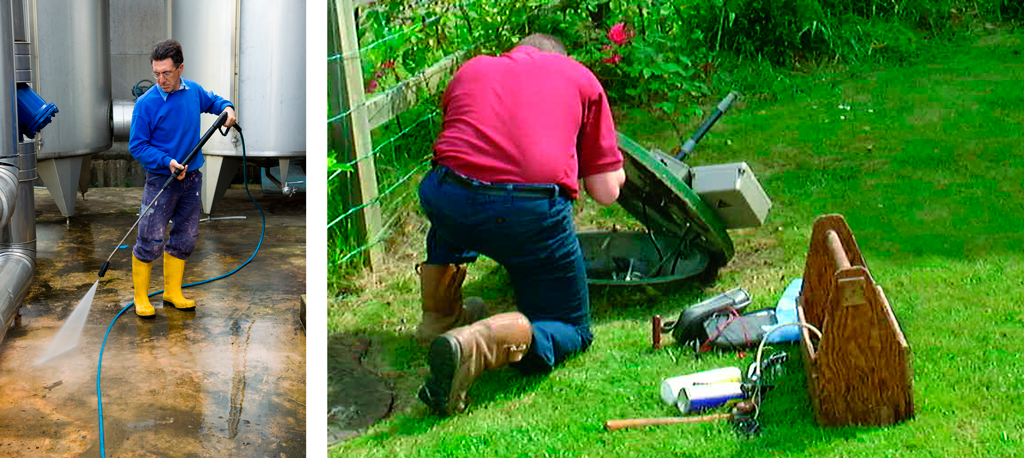
As COVID-19 has an increasing impact on our lives, we wanted to inform and assure you that KEE Group is committed to providing clients with a good service across all areas of its business.
In doing so however we must also ensure the wellbeing of our staff and reflect the guidance issued by HM Government. Inevitably this will require some changes to day-to-day operations and such changes are set out below.
In the coming weeks, there may be a reduced postal service meaning that correspondence is not delivered to us in a timely way or that it is delivered but cannot be processed at our head office because staff are working remotely in line with HM Government guidelines.
We would like to reassure our customers that we operate in a Key Sector. This means we are still operating and looking after our customers needs in this very difficult time.
For full information on our KEE services and technology, visit our WEBSITE.

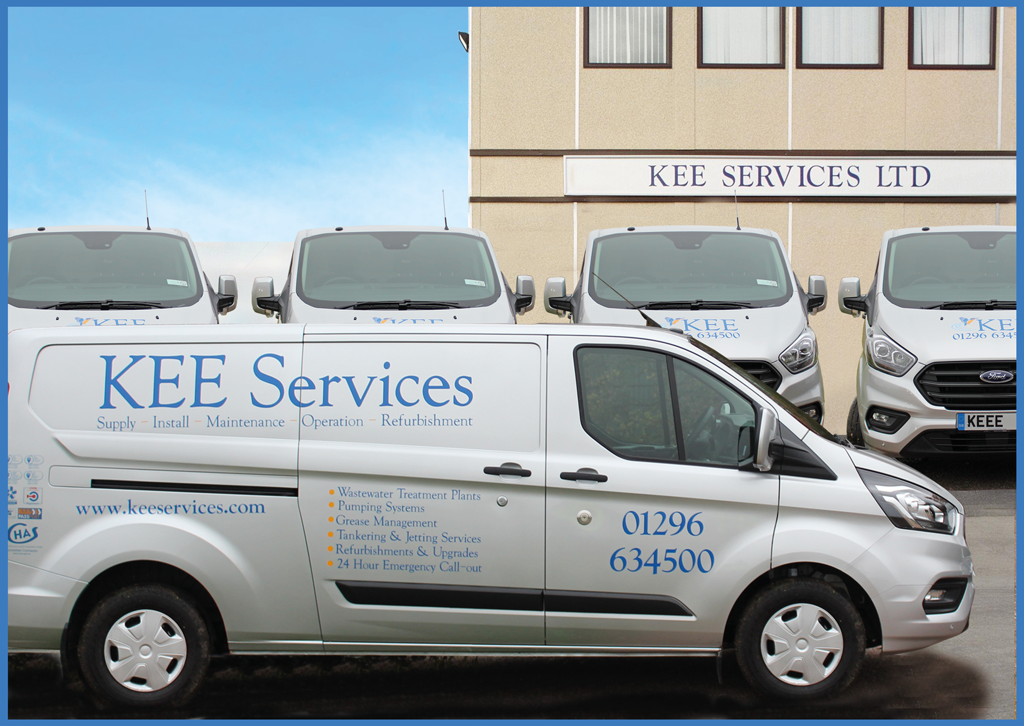

Spare a thought for your
Sewage Treatment Plant this Christmas
With the festive season upon us, guests arriving and the celebrations in full swing, please do keep in mind what you and any visitors are pouring or flushing down your drainage system into your Sewage Treatment Plant.
Do’s
Don’ts
Click the image to download the leaflet.
For more information visit our website or call
KEE Services on:
01296 634500
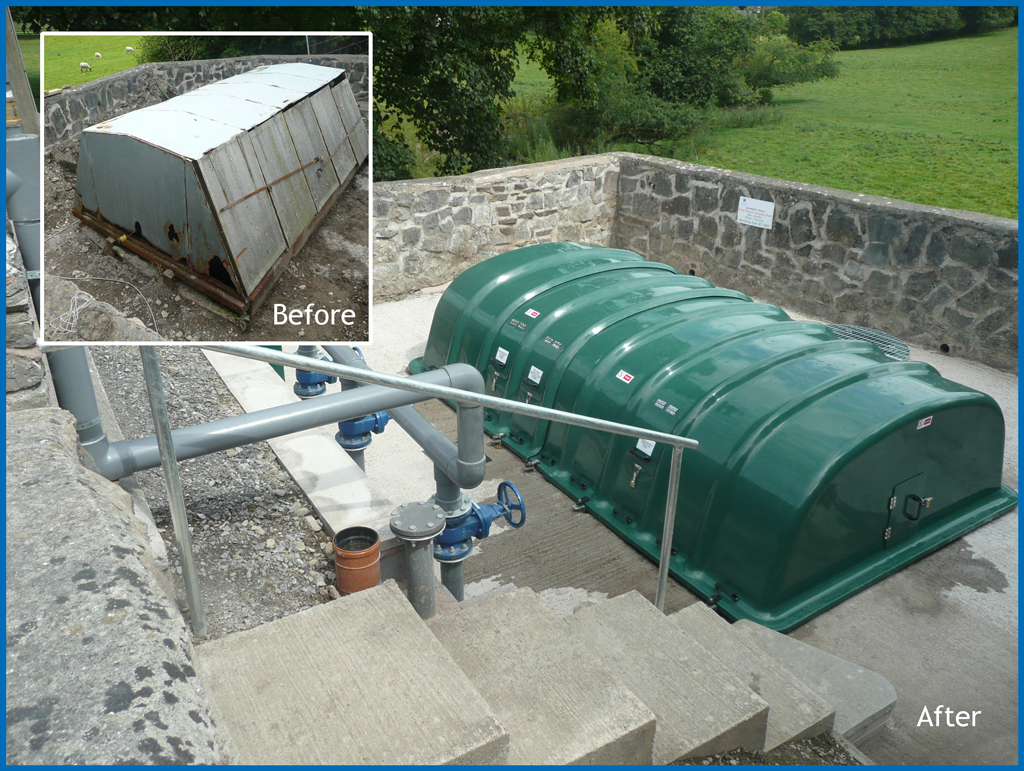
Often the structural housing of a wastewater plant can be re-used, meaning the internal components are replaced with brand new factory built KEE systems, incorporating the latest concepts in mechanical, structural and process engineering.
Refurbishments of this kind extend the life of the plant by another 20 years, drastically reducing the overall lifetime cost when compared to installing a brand new plant.
KEE’s Service technicians complete a full refurbishment suitability survey to assess the compatibility of each plant for an upgrade. This is applicable to all manufacturer makes of wastewater treatment plants and not just those designed, and produced by KEE. Water Authority sites have proved popular with refurbishments, reducing Water Authority spending and providing brand new refurbished treatment plants which are fully compliant to the relevant Authority specification.
Refurbishments remove the costly civil work elements associated with complete plant replacement.
Utilising current process equipment can often increase the treatment capabilities of the existing system, therefore making the refurbished plant fit-for-purpose for increased flows and loads, a problem which often occurs with old systems as more influent is added to it over their working life.
Following refurbishment KEE can continue to service, maintain and monitor the condition of the plant to keep it in good working order and performing efficiently.
For more information on plant upgrades, refurbishments or new wastewater treatment systems, please visit our website or contact us on: 01296 634500
“ A maintenance strategy is necessary to ensure the smooth running of business operations. As well as giving a business better control over its asset and maintenance costs, a clear maintenance strategy helps to ensure statutory compliance and adherence to company policies. ”
Ian Short. KEE Services Business Development Manager.
An unplanned, reactive maintenance approach may lead to lower maintenance costs up front and less time spent on planning and performing maintenance in the short term, but that’s about where the benefits end. The cost of replacing failed components, equipment and emergency call out work at short notice and/or outside of normal operating hours costs much more when the situation arises. Therefore not proactively planning your maintenance tends to be more costly in the longer term and causes much more disruption to your business fixing the problem once it has occurred.
There are a number of key reasons a business should take the time to consider the maintenance needs of their Wastewater Treatment equipment:
Proactive maintenance keeps you one step ahead of your equipment needs. In the same way that you would take your car for regular servicing rather than waiting for it to break down and incurring a large repair bill, it’s strongly advisable to maintain your equipment on a systematic basis.
PPM involves setting a maintenance schedule based on either calendar time or asset hours. This should also take into account factors specific to your business usage such as the environment in which it is operated and any legal waste consent requirements applicable.
A maintenance strategy takes the business’s maintenance aims and translates them into actions to support the company’s obligations, requirements and intentions. The strategy should include the following elements:
PPM is usually carried out with the support of a certified partner specialising in asset maintenance such as ourselves. Using our experience, we can provide a better insight into the condition of your assets. As a result, you can adopt a proactive maintenance programme designed specifically for your business and equipment thereby reducing the need for reactive maintenance.
Reactive maintenance may sometimes still be required, but a PPM plan will reduce the likelihood of this happening and will assist you in managing the maintenance budget with fewer surprises. Additionally, if a reactive engineer call out is required, KEE can check when the next planned Service Visit is due at your site and, where appropriate, arrange for the engineer to complete the ‘PPM Service’ on the plant at the same time, therefore minimising call out charges and site visits costs.
PPM also gives much greater control over the impact maintenance has on business operations because you can schedule when you wish maintenance to be completed based on when it will cause minimum disruption. For example, you can arrange a maintenance visit for a specific day when employees are available to provide access etc. Seasonal requirements can also be taken into account to ensure your Wastewater Treatment equipment is serviced and in full working order when needed most.
Following a maintenance program and documenting all work carried out also supports your legal compliance and provides evidence thereof (should it be required) in the event of system failure leading to harm or environmental damage.
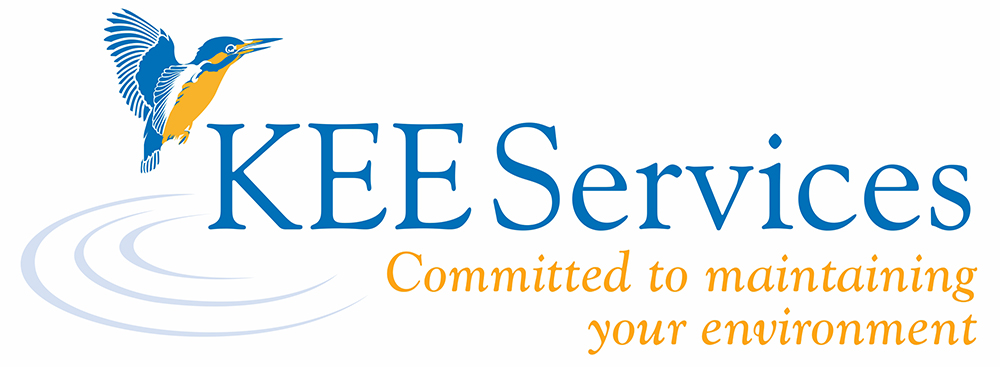

“Septic tank regulations” – I agree it’s not an opening phrase that would make many people read on, but if you have a septic tank on your property, then you might just need to read on.
Given what goes into a septic tank, it’s understandable why the Environment Agency is keen to make sure that it stays in the tank, instead of in the local stream. So, there are a lot of rules and regulations surrounding septic tanks, from where you can put them to where and how the water can be discharged.
The latest regulations came out in 2015, and are called `General binding rules: small sewage discharge to surface water’. It doesn’t exactly trip off the tongue, but it’s a very important document for many property owners and worth a read.
In the past, you could discharge the separated waste water from your septic tank in one of two ways:
So, what’s changed?
From the 1st of January 2020, you will not be able to discharge your wastewater into a watercourse. The reason for this is because the `quality’ of the waste water is no longer considered clean enough for our wildlife or rivers.
This isn’t an entirely a new rule as for some years now, property owners installing a new septic tanks have not been able to discharge into a watercourse. However, if your property had an existing septic tank discharging into a watercourse, you were able to carry on unless the Environmental Agency identified that it was causing contamination.
So, if you are looking to sell your property between now and 2020 you will be required to ensure your Septic Tank meets the new regulations before you sell.
So what are the options?
There are three main ways in which you can comply with the new regulations:
To conclude, if you do not have the space to install a soakaway on your land and are not close enough to a mains sewage system to get connected then a Sewage Treatment Plant is your best option.
For more guidance or a quote, please contact KEE on 01296 634 500 or email sales@keeservices.com.
“I have experience in other process technologies which can easily facilitate these standards but at an ever increasing cost. I essentially needed something which had been tried, tested and trusted and I was more than satisfied to engage KEE Process to meet these demands”
Michael McAlary, Northern Ireland Water.
In 2006, Northern Ireland Water (NIW) commenced a project to invest in a new Wastewater Treatment Plant at Derrylin.
Their NIW Project Managers and Process Engineers were tasked with finding a suitable process to achieve the discharge standard set down by the NIEA. Having previously worked with KEE Process as their ‘Framework’ partner for Western & Southern Division RBC Framework, the Project Team selected KEE to assist.
KEE Process was commissioned to design a wastewater treatment system to meet the following criteria:
Fixed Film technology offered the best solution in the form of five Rotating Biological Contactors (RBCs) to meet their design criteria. The RBCs not only delivered the consistent performance they were looking for but also offered the lowest lifetime costs and carbon footprint when compared to all other wastewater treatment options available.
Together with the NIW Project Manager, Technical Advisers and Consultants, KEE Process designed a plant which featured ‘modular phased construction’ to minimise on-site workload and concrete tank construction. The new plant was built and commissioned during 2009 and has since then consistently achieved consent standards and delivered considerable savings in capital costs, operational labour costs and energy.
Final Effluent Consent vs New System Performance
Final effluent Target Actual
BOD <5.00mg/l 2.00mg/l
SS <10.00mg/l 5.00mg/l
NH4-N <3.00mg/l 0.01mg/l
95% ile compliance basis.
Plant Equipment
Design Features
Simple Maintenance and Low Lifetime Cost
Lifetime Cost Savings
NIW reviewed other wastewater treatment works and completed a case study and cost analysis based on a 7.000PE plant. Compared to other process technologies designed for a 30 year life-time, the RBC system provided:
“In today’s economic climate Northern Ireland Water are looking at ways of reducing life-time plant costs whilst meeting ever tighter environment consent standards as agreed and published by the local Environment Agency (NIEA). I needed a simple, easy to maintain process in order to meet these requirements.
The RBC offers a very robust process, achieving good consistent discharge standards, requiring minimum operational and maintenance input and very importantly, low power consumption. This has given me the confidence to accept the RBC process for Derrylin where consistent and tight effluent quality was stipulated by the NIEA”.
Michael McAlary, Wastewater Services Manager, Northern Ireland Water.
KEE Services Ltd – offers maintenance, breakdown services and plant operation for all types of treatment plant and pumping equipment, from all manufacturers. KEE technicians are trained in long-term servicing and look after 8,000 installations in the UK. KEE also operate ‘out-of-hours’ 24 hour call centre.
KEE Wastewater Treatment Systems can be configured for BOD removal and/or nitrification and/or de-nitrification and can include a built-in or modular physical-biological tertiary filter. UV disinfection can also be included into the packaged plant to enable non-portable water re-use.
KEE PROCESS LIMITED and KEE SERVICES LIMITED –
KEE is a globally recognised brand operating within in the industrial, commercial and domestic wastewater treatment industries. KEE’s specialist knowledge and expertise is derived from over 60 years’ experience in the design, development, manufacture, install, commissioning, operation, refurbishment, repair and maintenance of wastewater treatment systems and equipment, including:
KEE Services Ltd specialise in maintenance & repair services for all makes and types of wastewater treatment systems & pumping stations. Our nationwide team of directly employed, regional engineers and technicians are KEE trained, DBS checked and British Water Certified.